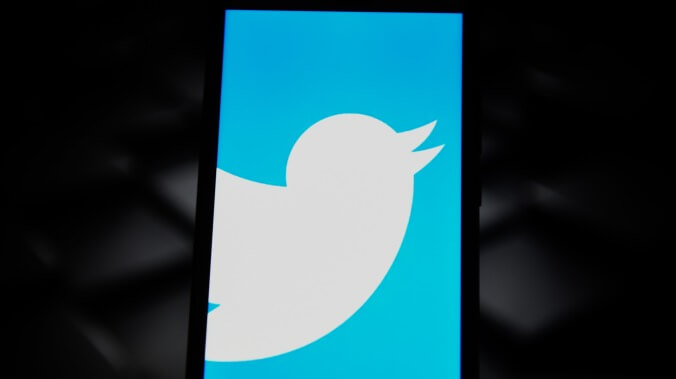Twitter to ban paid political advertising; unpaid political screaming presumably still okay

Photo: Omar Marques/SOPA Images
It’s an ongoing, complicated, and frequently “Fuck it”-inducing truth of modern living that social media intersects in nigh-infinite, mostly depressing ways with the modern political landscape. The interplay between, say, Facebook advertising and election results is dispiriting and widespread even before you begin adding in, like, interference from foreign governments, and the ability for Twitter to amplify the Bad Uncles of America well past their normal Thanksgiving dinner table pulpits is definitively documented by now.
